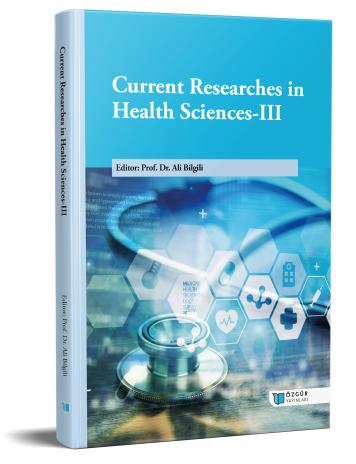
Circumcision Complications
Şu kitabın bölümü:
Bilgili,
A.
(ed.)
2023.
Current Researches in Health Sciences-III.
Özet
Circumcision, a common surgical procedure characterized by the excision of the penile foreskin, traditionally integrates cultural, religious, and occasionally, medical contexts, continues to spark extensive discussion and research due to its spectrum of potential complications. Although generally considered safe, the complication rate varies between 2% and 10%. This study explores and categorizes the complications into common issues such as bleeding and infection; less common, yet notably impactful issues like injuries to the glans and urethra; and potential long-term psychological effects. A notable focus is directed toward procedural and post-operative aspects, examining different techniques like the Plastibell, Gomco clamp, and Alisclamp, each presenting varied complications and success rates. Furthermore, the exploration delves into specific cases, exemplifying potential catastrophic results like necrotizing fasciitis and significant urethral damage. Through a lens that balances clinical outcomes with ethical considerations, the discourse further ventures into the psychological and quality-of-life implications for affected individuals and their caregivers. This comprehensive analysis aims not only to highlight the physical and psychological risks associated with circumcision but also to catalyze a continual, multifaceted discussion among healthcare professionals to refine practice protocols, elevate patient safety standards, and examine the ethical contours enveloping non-medical circumcisions in pediatric populations.

